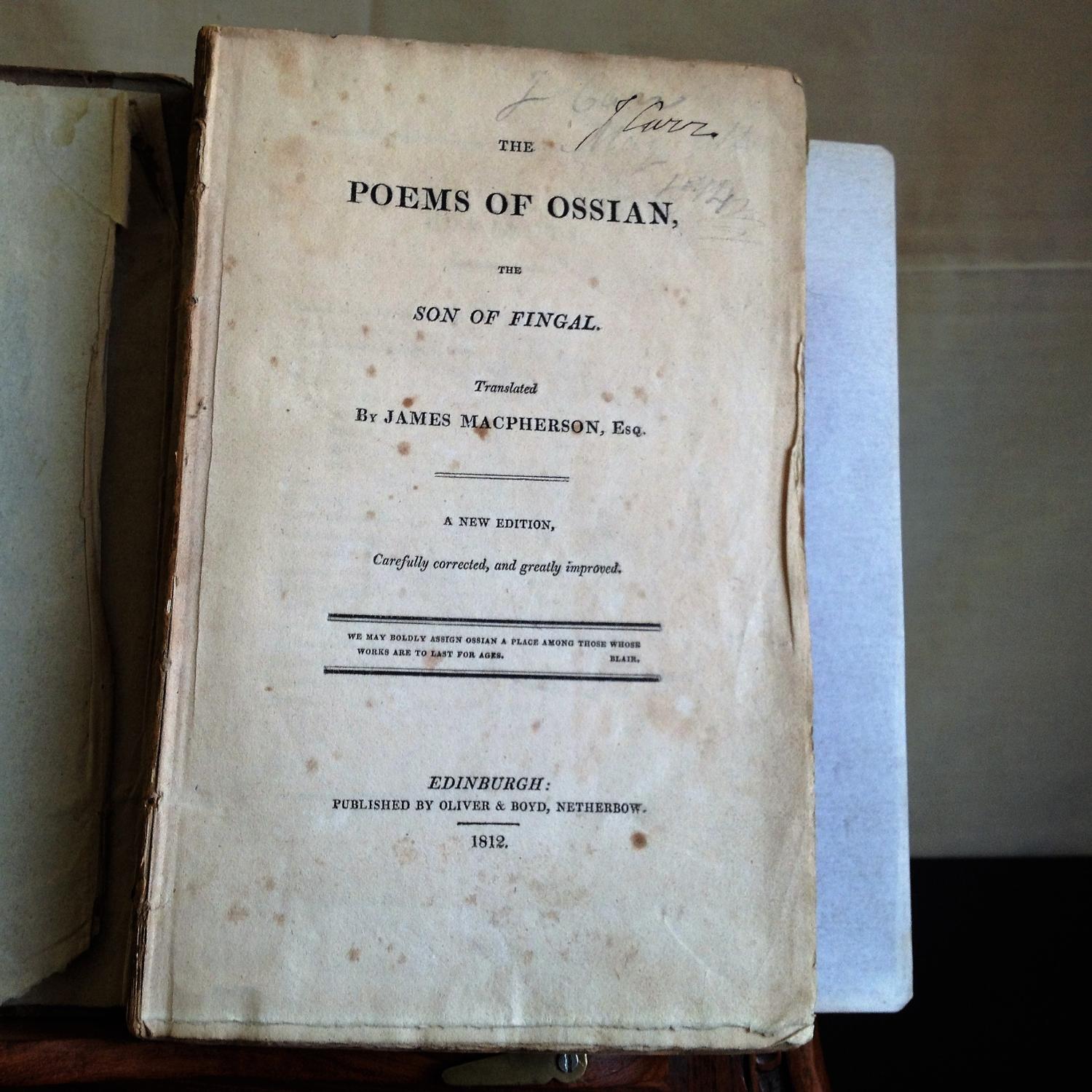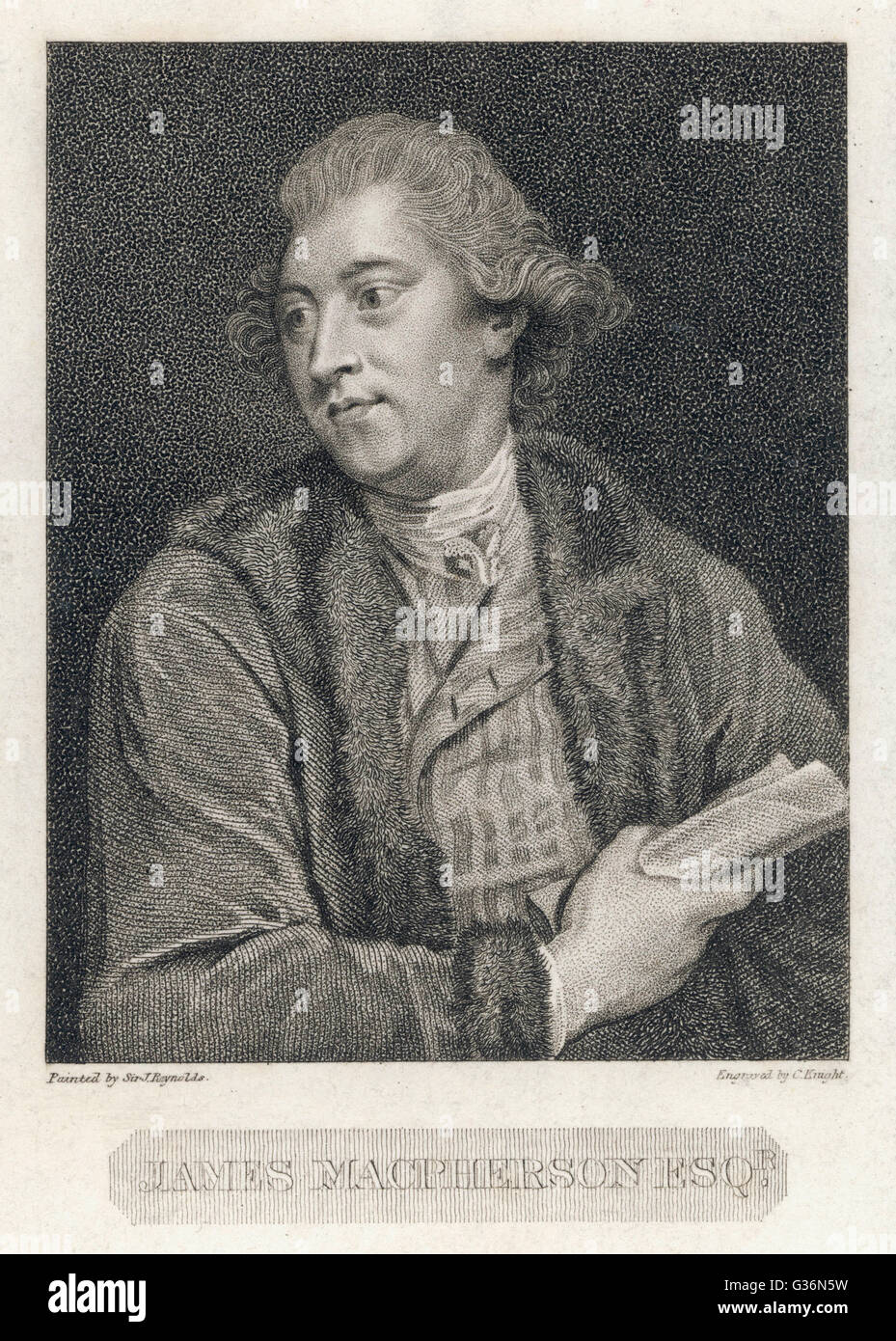


By writing narrow, technical monographs for each other, instead of more broadly and with a more narrative synthesis for a wider audience, scholars have abandoned the field to lay writers who do much to recreate battles and describe leaders but who usually ignore crucial political and social issues. In "What's the Matter with History?" the author contends that academic historians have been largely responsible for the extent to which the general reading public ignores their scholarship. The only entirely new essay diverges somewhat from the book's main focus. The liberal leadership of Abraham Lincoln was also a decisive factor, as three subsequent essays make clear. The South did not lose the war, he argues, the Union won it. Sherman, achieved crucial victories at pivotal moments. McPherson asserts that the Union eventually was preserved, not because the Confederacy somehow collapsed from within, but because Northern armies, led by superior generals like U.S. Four essays on "Why the North Won" follow. He exhibits little patience with social historians who have stressed class-based or psychological concerns to the exclusion of fundamental ideology.

Civil War soldiers, McPherson maintains, fought largely for ideological reasons, especially for differing conceptions of liberty and emancipation. The author's sympathies are clearly with the evolving North rather than the South, which is variously described as "traditional," "aggressive," "unstable," and "Orwellian." In later essays, McPherson develops ideas that will be familiar to readers of his recent book, What They Fought For. The initial essays, which deal with the war's origins, lay out McPherson's contention that the conflict was largely an irrepressible clash between two increasingly different societies. Unlike many anthologies, the developing themes of this volume provide a considerable degree of unity. The present collection of fifteen essays and reviews, all but one previously published, will prove valuable to both groups of readers. Winner of the Pulitzer Prize for Battle Cry of Freedom, this author over the last two decades has found legions of readers both in the academic community and among the general public. McPherson has emerged as the best-known Civil War historian of his generation. Like Douglas Southall Freeman and Bruce Catton before him, James M. (New York and Oxford: Oxford University Press, 1996.

Drawn with the Sword: Reflections on the American Civil War." Retrieved from 1998 Phi Alpha Theta, History Honor Society, Inc. MLA style: "Drawn with the Sword: Reflections on the American Civil War." The Free Library.


 0 kommentar(er)
0 kommentar(er)
